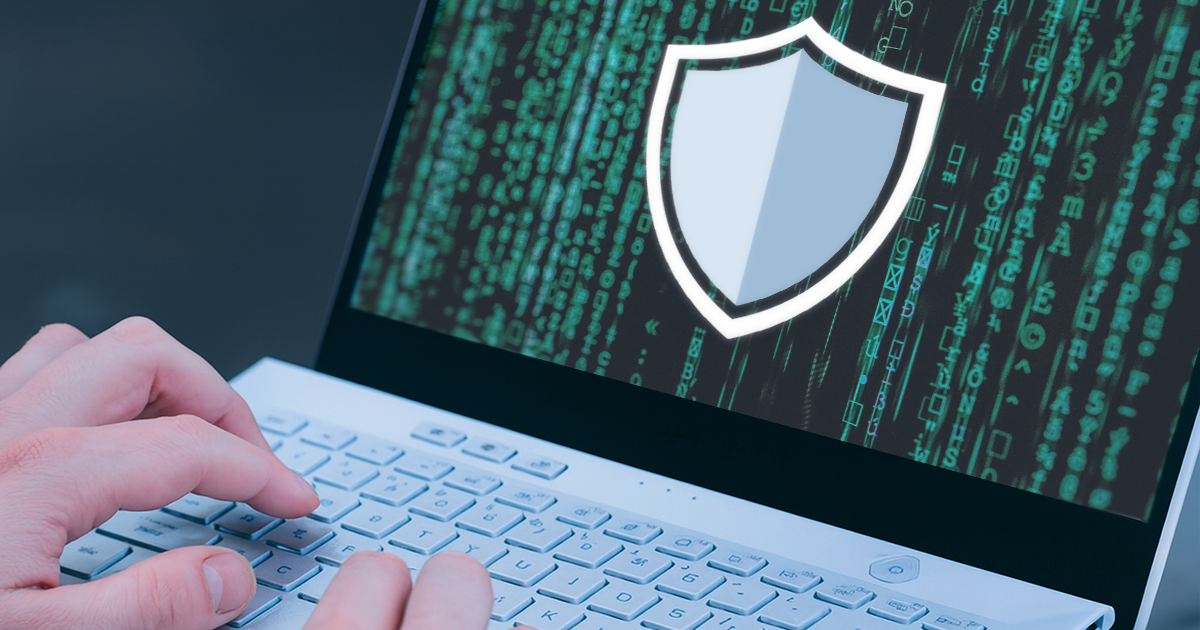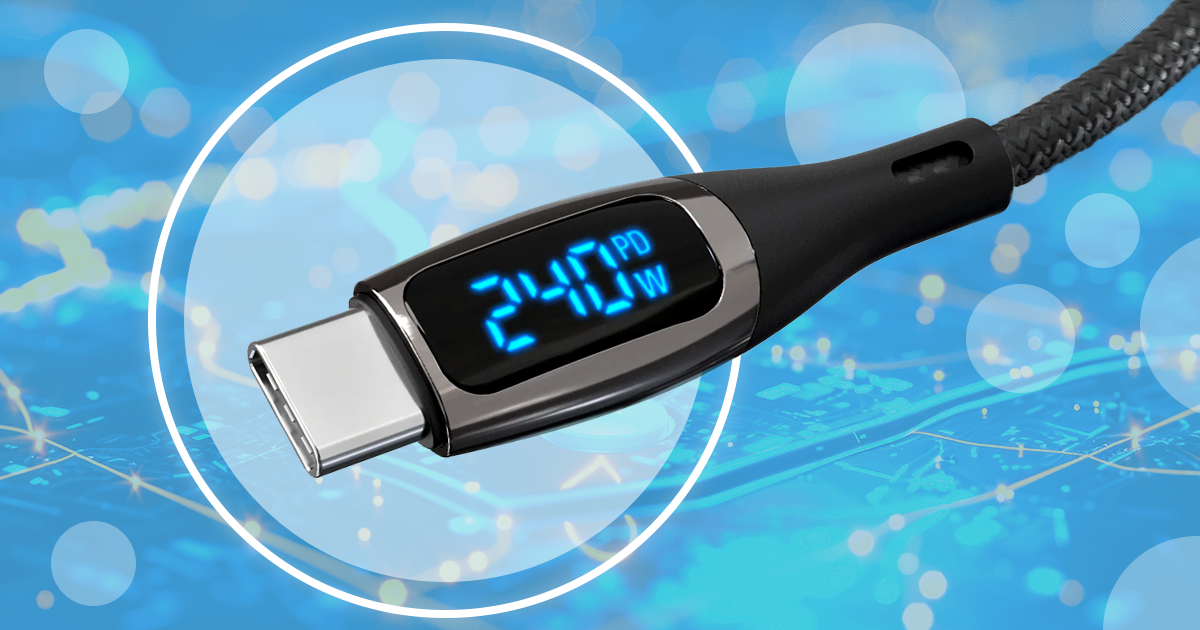ElcomSoft is launching a survey intended to collect more information on how people handle their passwords, which remain a major way for user authentication. Whether you are ElcomSoft customer or haven’t seriously thought about password security, we hope you will answer our questions.
Today’s technologies allow staying online practically 24 hrs a day, periodically falling into a sleeping mode. The Internet became easily accessible and numerous devices can connect us to the web from everywhere, and every time when we surf the web we are being registered, at least via IP address of our devices.
Wow, Adobe rethinks PDF security. Curious why? Because of vulnerabilities in Abobe Reader (and so zero-day exploits), of course. From the article:
A number of D-link routers are now equipped with captcha feature. Sounds interesting.
Today’s businesses are very mobile. Sometimes you don’t even need to have a conventional office, it becomes virtual, it is always with you in your mobile phones, netbooks and laptops. Such mobile mini-offices stuffed with corporate documents and reports, partners’ data, confidencial correspondence, access passwords are in danger of being stolen, both virtually and physically. You can try to protect your laptop using laptop security cable locks but what if it was stolen? Let all your information go into adversary’s hands? Do you _really_ think that your Windows logon password is an impenetrable barrier for the adversary? Have you heard of Elcomsoft System Recovery? You still think your laptop is secure because you have BIOS password and/or partial drive encryption? Read an article by Kevin Beaver ‘Securing corporate data on your laptops’ , take off rose-colored glasses and revise your laptop security as suggested in Kevin’s step-by-step outline.
Probably you’ve already heard about this vicious circle thousand times:
There is a few, so I’ll put ’em all into a single blog post 🙂


